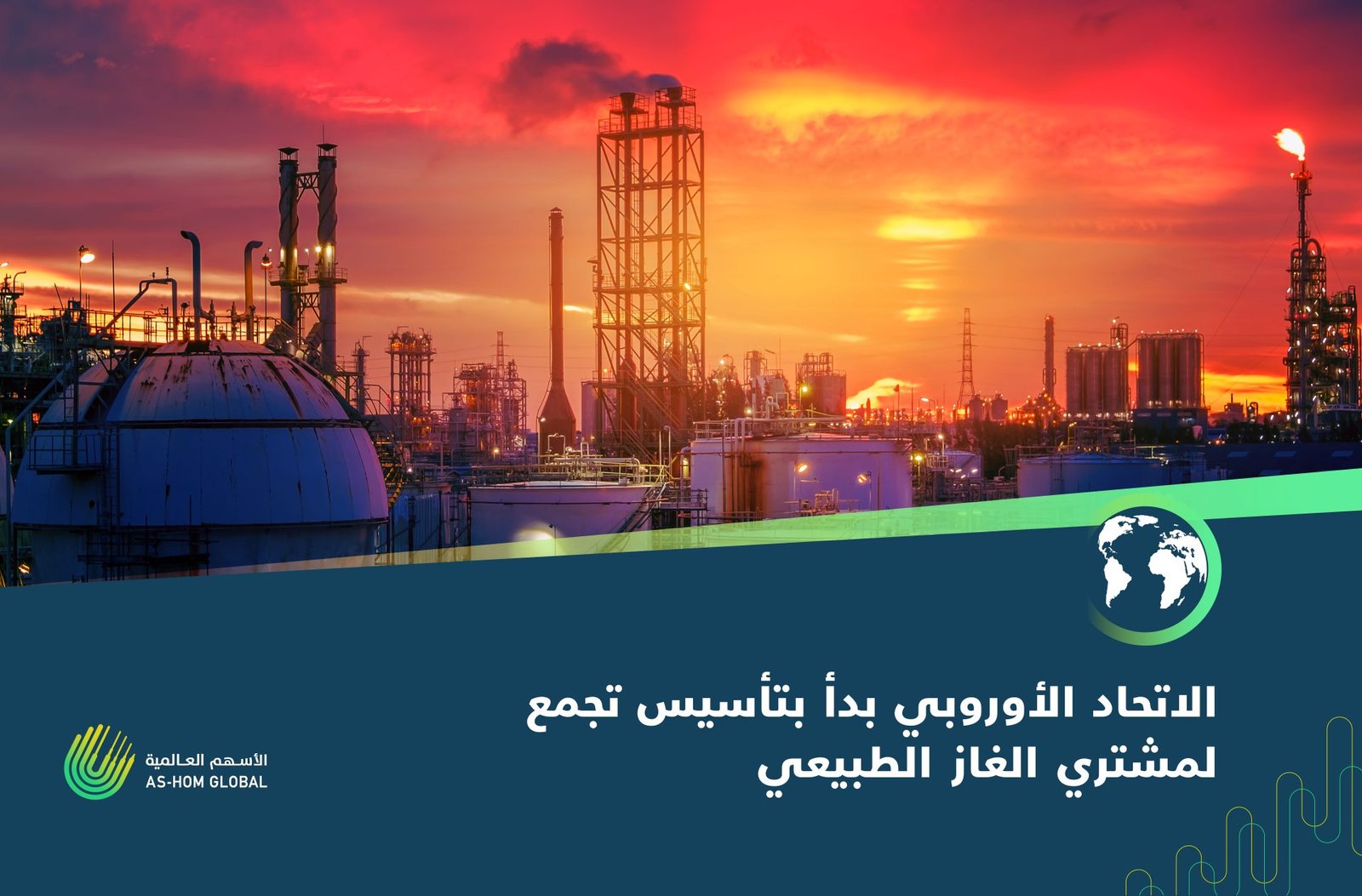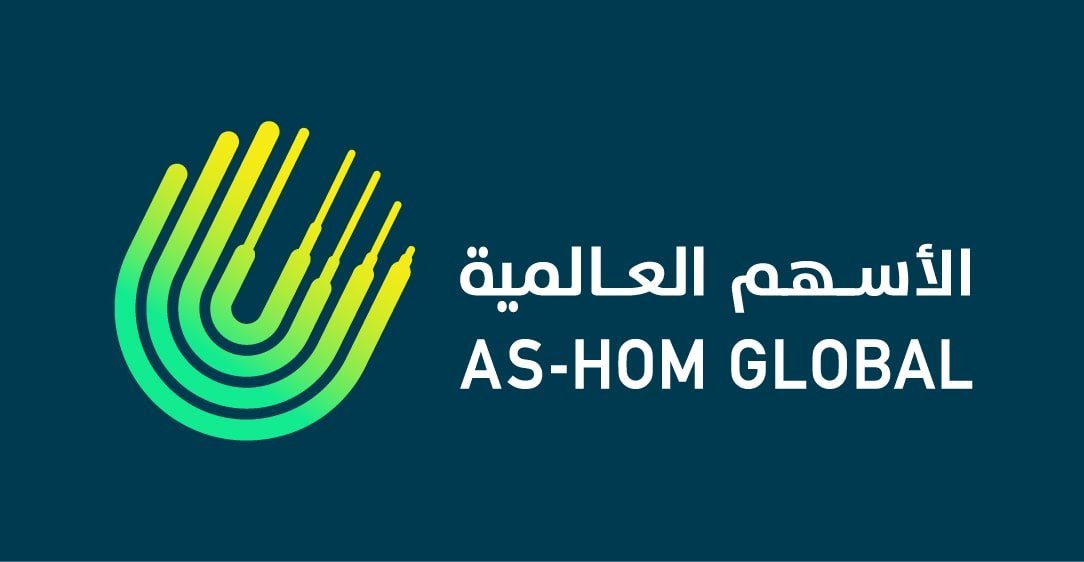The European Union briefs the gas pool

The European Union announced its first step towards establishing a club that brings together natural gas buyers from sellers by introducing a tool called AggregateEU, in order to avoid a wave of price hikes similar to those that hit energy markets during the past year.
"AggregateEU"
The European Union launched a new tool called "AggregateEU" on Tuesday, April 25, 2023 at 9:00 am Brussels time. Companies can now submit their gas demand estimates for a 12-month period starting from June 2023 to the end of May 2024. The tool follows a data aggregation strategy after analyzing and presenting the sellers' offers. Both parties can determine the appropriate offer for each other and conclude the deal either by themselves or through brokers. These operations are expected to begin after May 17th.
"Reducing Competition"
"The efforts of the European Union aim to reduce competition among gas buyers, especially after sharp price fluctuations due to Russia's policy changes in gas distribution and the cutting off of some supply lines to Europe, which has led some companies to request a government rescue plan.
Despite the easing of the energy crisis wave since the futures gas contracts reached peak levels in August of last year 2022, there are still warnings of the risk of supply cuts by Russia due to the events of the Russian-Ukrainian war.
The European Union intends to organize more joint purchases, which would encourage governments to pool demand for about 15% of their winter gas inventories, equivalent to the targeted goal of approximately 13 billion cubic meters (3% of the total volume of the European Union's demand)."
General optimism
Last week, Maros Sefcovic, Vice President of the European Commission, stated: "As the number of participants increases, the opportunities for attractive gas deals increase, and that is the right moment to take full advantage of it."
Yelfa Kim Talus, Director of the Tulane Energy Institute, said: "If the major buyers could negotiate a better price directly with the sellers, why use the European Union's pooling mechanism?" He added that the member country should request the national buyer to use the current system.
Katya Yafimava, Senior Research Fellow at the Oxford Institute for Energy Studies, said: "Relatively small buyers can use the tool, but they are unlikely to fulfill all deals because the platform's main objective is political."
The European Union expects to sign its first contracts with suppliers from the United States, Africa, and the Middle East in June. On the other hand, some countries outside the European Union have been invited to participate, including Ukraine. Although there are tangible doubts surrounding the functioning of the new tool, the European Union aims to comply with the commitment to aggregate demand from member states, while not obligating companies. All contracts will be negotiated outside of the company (Prisma European Capacity Platform), which handles the process.



1 Comment. Leave new
Thank you for your sharing. I am worried that I lack creative ideas. It is your article that makes me full of hope. Thank you. But, I have a question, can you help me?